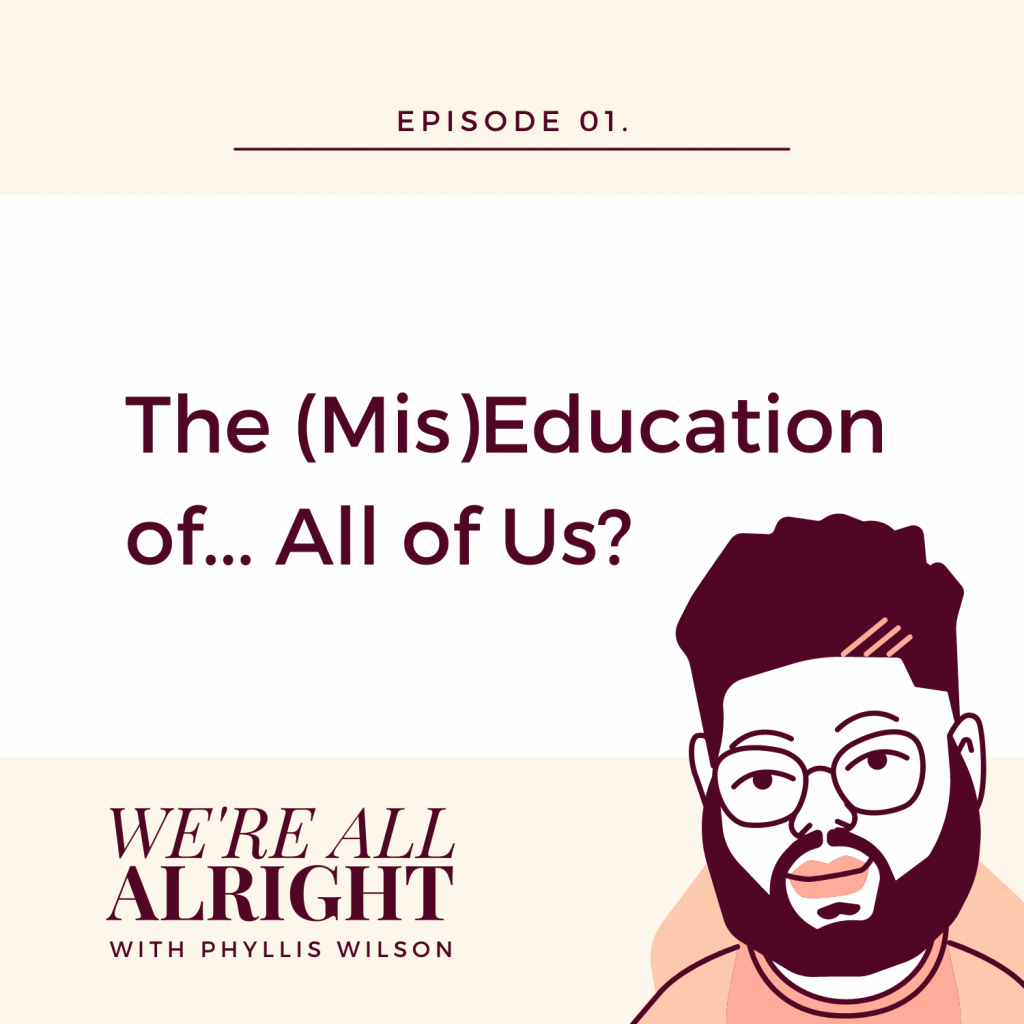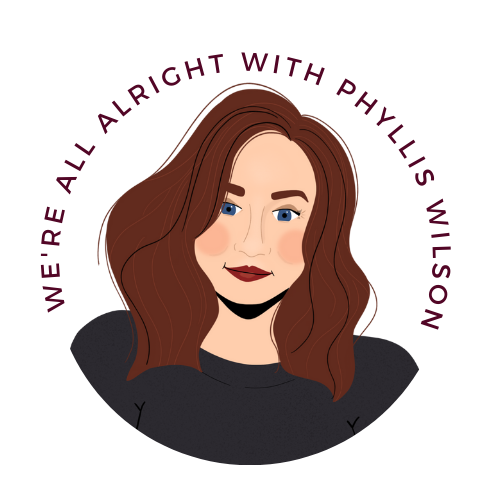
Ninety percent of the school-age population attend public schools.
What would happen to these institutions if that number plunged significantly?
Homeschooling, home-school collectives, free schoolers, unschoolers–alternatives to traditional public school models have been increasing in popularity over the last two decades, and the pandemic has seen even more families opt to school their children at home in some fashion.
Education is a mirror for the concept of personal freedom and choice as a matter of fundamental rights. We tend to believe that education is what gives us–or is supposed to give us–choices. Your education influences the choices and opportunities available to you after you leave school.
So it’s no wonder that it’s such a hot button issue.
But if where and how children attend school is a matter of personal choice, what happens to the collective institutions and systems of public education that are designed to benefit us all?
If families keep exiting the system, what will be left?
Or is there a better way that feels more empowering to children and families? A way that feels like change is actually happening?
In This Episode:
- A brief history of compulsory public schooling, from lofty ideals to economic engine and the grim realities of child labor
- American homeschooling and its surprising ties to post-Civil War Black communities
- Who personal choice in education leaves behind
- Imagining a way forward
Resources For Doing Your Best:
- “Death by a Thousand Cuts: The Story of Privatizing Public Education in the USA,” Joanna Barkan
- “The Case for Choice in Schooling: Restoring Parental Control of Education,” Matthew J. Brouillette
- Learning All The Time, John Holt
- Dumbing Us Down: The Hidden Curriculum of Compulsory Schooling, John Taylor Gatto
- “The Radical Self-Reliance of Black Homeschooling,” Melinda D. Anderson
- John Holt, Wikipedia
- Dr. Raymond Moore, Moore Foundation
Learn More About Phyllis Wilson:
- Work With Phyllis
- Instagram: @Alright_Podcast
